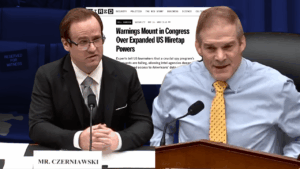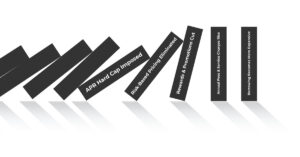Municipal Broadband: Bad For Detroit Consumers
What’s Going on With Internet in Detroit
The City of Detroit recently announced that it will soon start work on a $10 million municipal broadband network pilot project with the use of funds from the American Rescue Plan Act (ARPA) that will service 2,000 homes and businesses in the Hope Village neighborhood.
The pilot project is just the beginning, as Detroit’s Digital Access Policy and Strategic Infrastructure Plan has proposed a $900 million citywide fiber broadband network with open access that would take the city at least a decade to complete and has questionable funding sources that will likely leave Detroit taxpayers on the hook.
It’s important that all Detroit consumers have access to high speed internet at reasonable prices, however it is unlikely that this investment will help everyone get connected. Currently, Detroit has over 97% broadband coverage throughout the city, meaning there isn’t strong demand for a municipal network.
It is time to start asking the right questions to determine what will be best for Detroiters:
- What is currently preventing Detroit consumers from accessing high-speed internet? How many households are underserved or unserved?
- How is Detroit equipped to compete with the private internet service providers already in the area?
- Where will funds to build the network be coming from? Could these funds be better spent elsewhere?
- How many consumers would need to opt-in to the municipal broadband network for it to be financially viable? What happens if not enough consumers sign up for the municipal broadband services?
- If Detroit starts its own municipal broadband network, who first gets access to it? If there are unserved or underserved consumers in the area, when should they expect to gain access?
- How will Detroit protect digital privacy and security for its broadband consumers?
Better Paths Forward
Instead of jumping to build an unnecessary municipal broadband network, perhaps the planned $900 million could be better spent elsewhere in Detroit such as on fixing the pot-hole ridden roads or removing the estimated 80,000 lead service lines that deliver drinking water to homes throughout the city. Additionally, funds would be better spent on more digital literacy programs for Detroit, like Connect 313, ensuring that all consumers in the area are aware of their options in getting connected to the internet and what programs are available to assist them if needed. Given that there is over 97% broadband coverage in the city, the two major hurdles preventing Detroit consumers from accessing broadband services are the cost and staying in a fixed location. Here are viable solutions to those common obstacles:
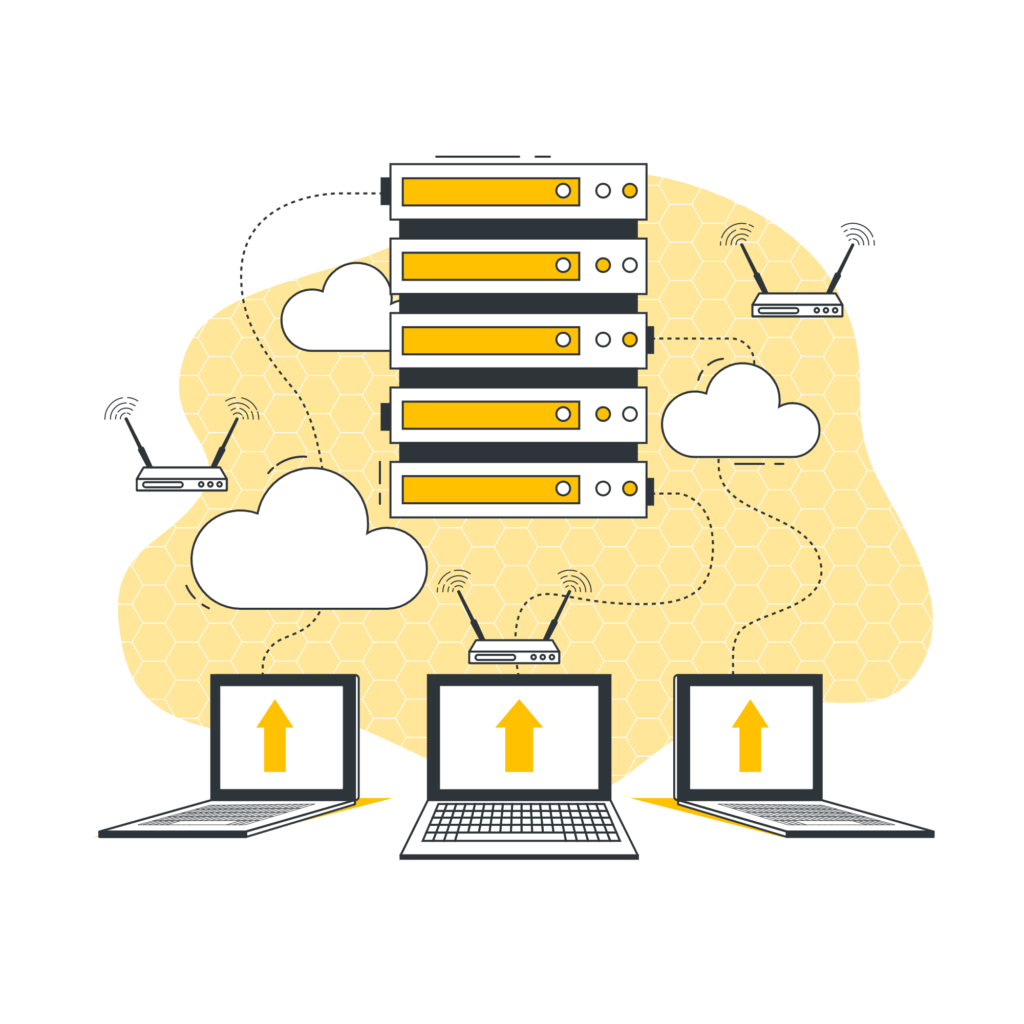
If prices seem too high for individual consumers
Digital literacy: education surrounding available programs and subsidies already in existence that aim to connect more consumers.
Detroit’s Connect 313 Program: This is the city’s digital equity strategy program to educate residents about the importance of broadband and offer subsidies to help low-income residents pay for service and has done an effective job of closing the digital divide by providing mobile hotspots where there are gaps in coverage.
Government and Private programs
Government-funded programs:
Affordable Connectivity Program (ACP): This program subsidizes the cost of monthly high speed-internet service for consumers from over 20 internet service providers.
FCC’s Lifeline: This program subsidizes either phone or internet bill by $9.25/month for consumers.
Private internet service provider programs:
Xfinity Internet Essentials: Qualifying households can get internet speeds up to 50 Mbps for $9.95/month which includes in-home WiFi, no contract, and no installation fee for consumers.
Access from AT&T: Qualifying households can get up to 100 Mbps internet for under $30/month with enrollment into ACP. Benefits of the program include no requirement for a contract, deposit, or installation fee. Additionally, an in-home WiFi modem and access to more than 30,000 AT&T nationwide hotspots are also included.
Mediacom Connect2Compete: Qualifying households can receive up to 25 Mbps for $9.95/month and a WiFi modem is provided via a no-cost lease without the need for a contract, deposit, installation fees, or equipment rental fees.
Spectrum Internet Assist: Eligible households can receive Spectrum Internet 100 for $29.99/month for two years, making it free for ACP-qualified consumers. An internet modem is included and there is an option to add in-home WiFi for $5/month.
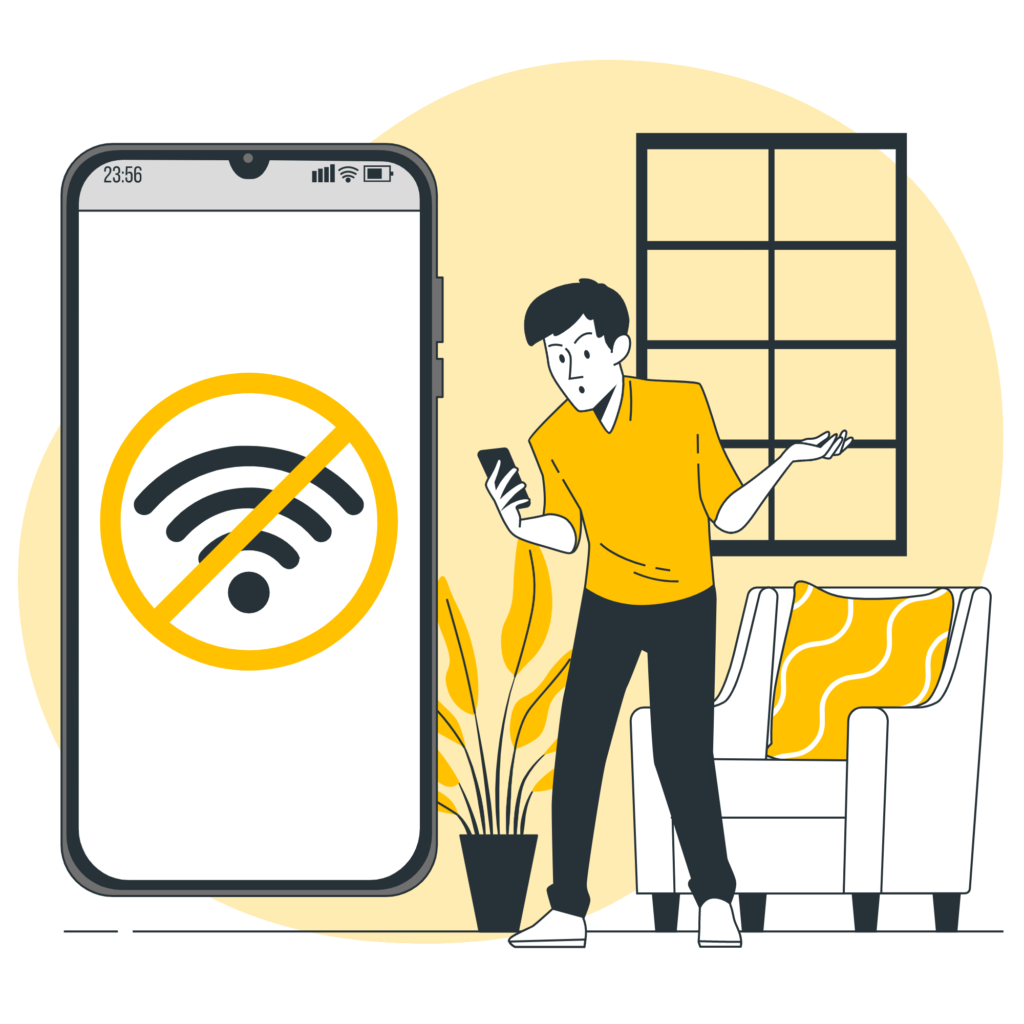
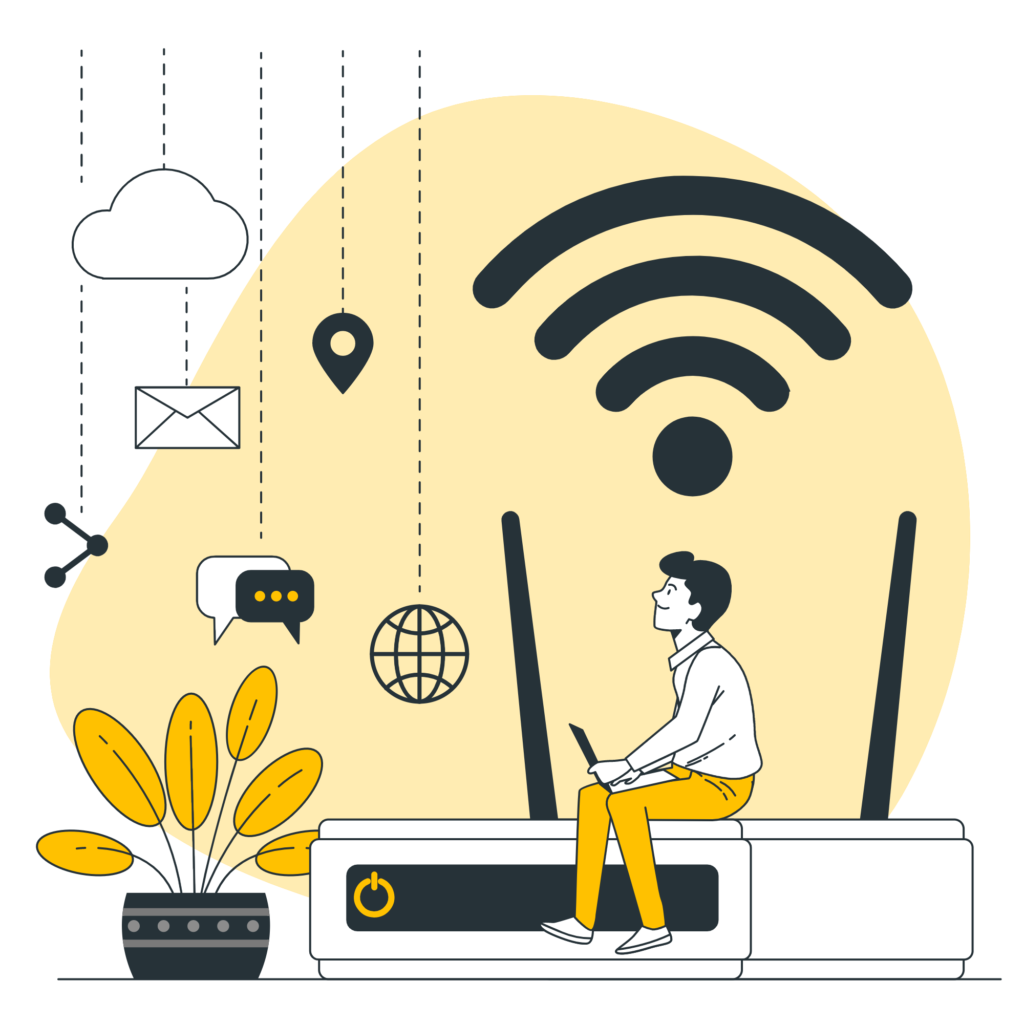
If consumers are moving frequently/not staying in a fixed location
- WiFi Hotspots: allows for connection to WiFi from anywhere and is a great option for consumers who live a more transient lifestyle and do not stay in a fixed location for long periods of time.
- Mobile network: consumers living in urban areas might prefer to take advantage of free WiFi services at nearby public locations and do not want to spend money on their own in-home broadband service.
Media Hits
What I Told Congress About Section 702 and FISA
- December 12, 2025
- Blog, Privacy, Technology







